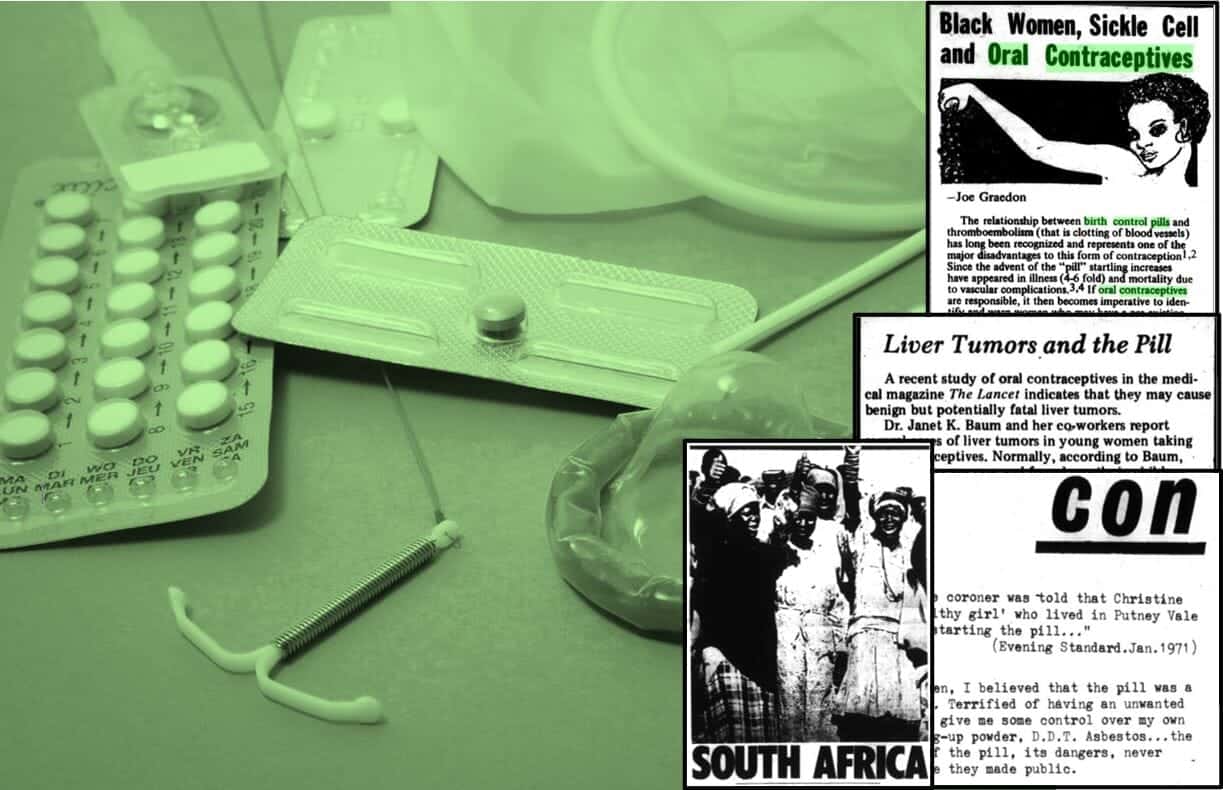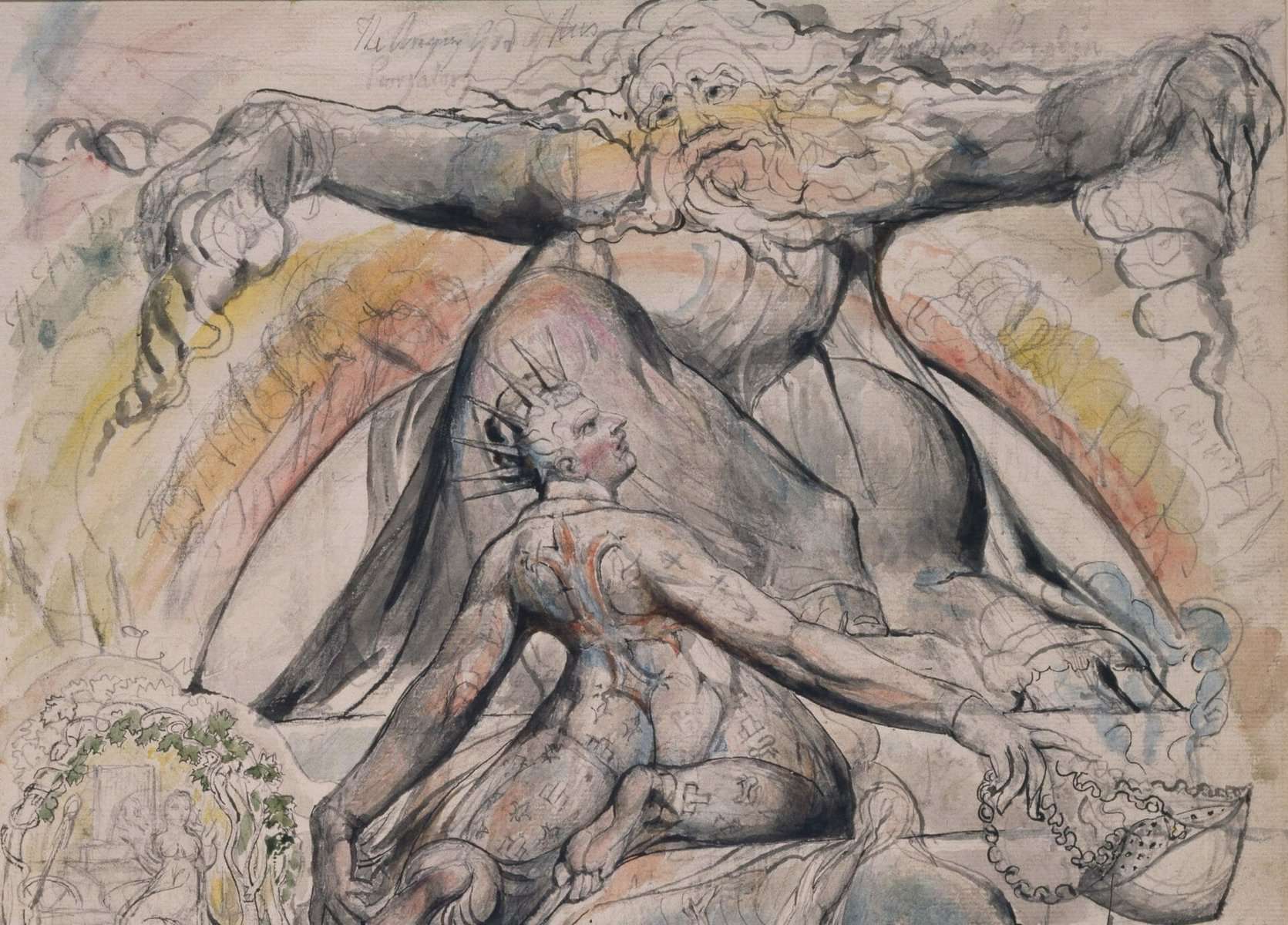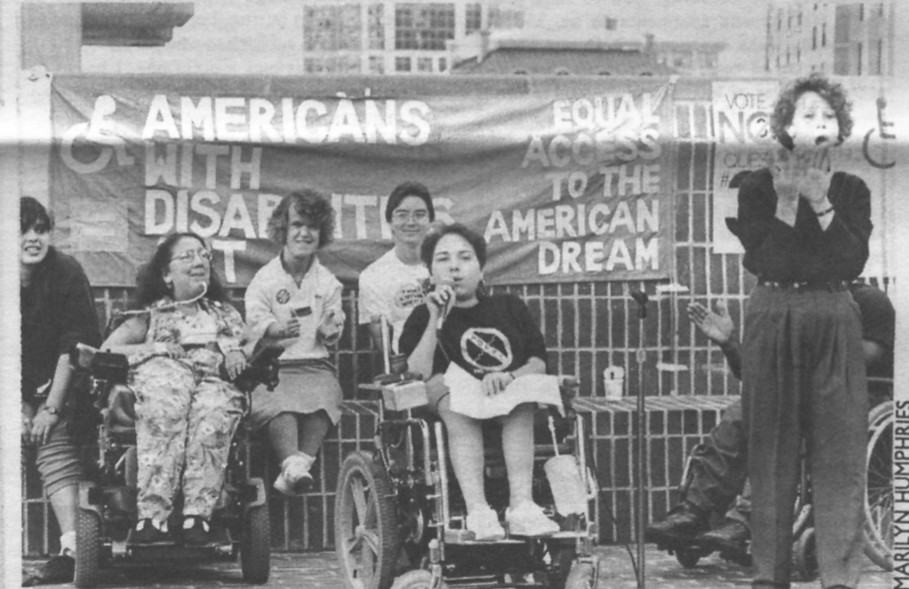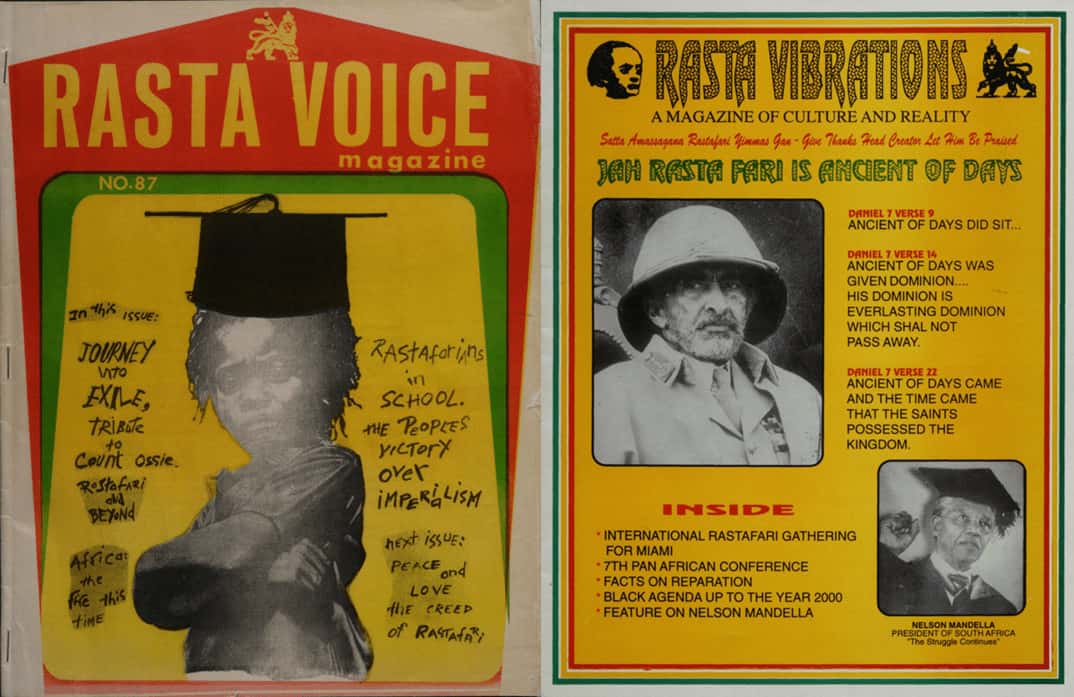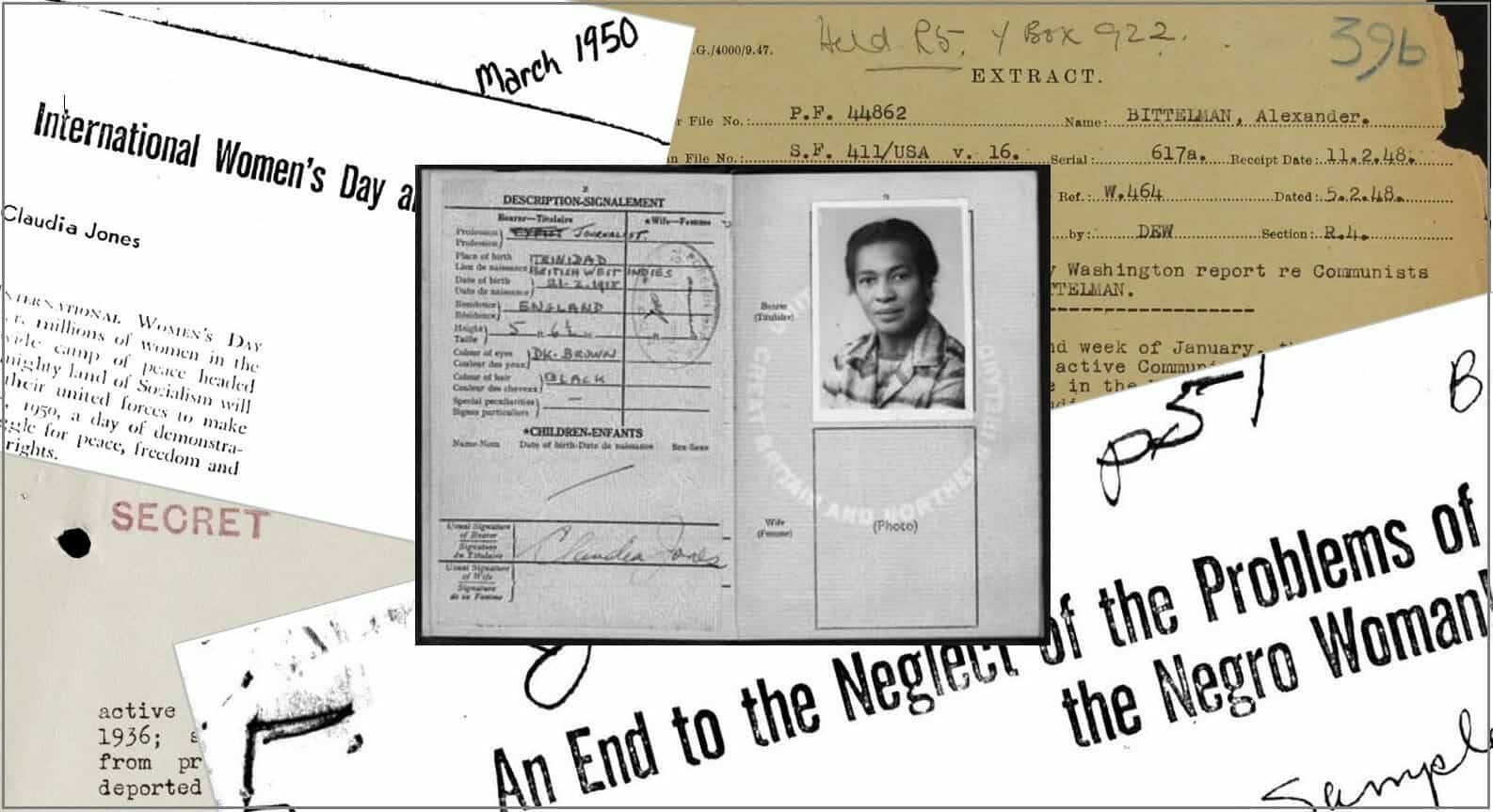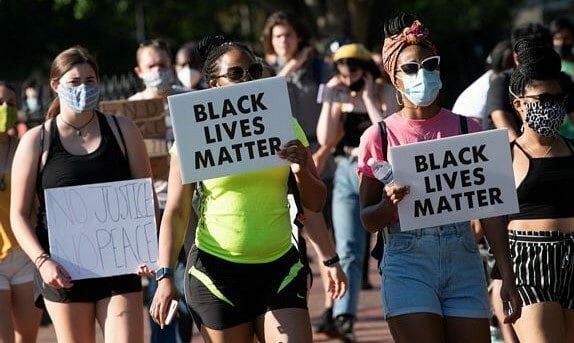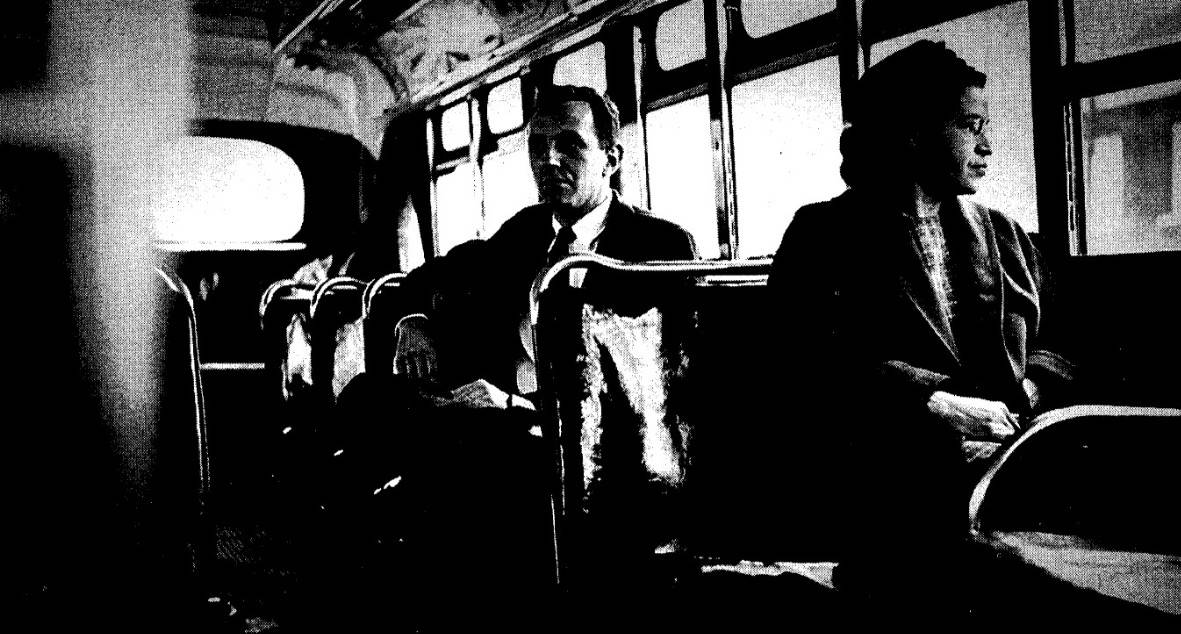│By Nonkoliso Andiswa Tshiki, Gale Ambassador at the University of Johannesburg│
Having to complete my Honours research paper in the era of Covid-19 left myself and many other students feeling stranded so far as to how to obtain valuable and relevant academic resources. Access to digitised resources quickly became vital to one’s success in academia and I am happy that I came across Gale Primary Sources when I did because they contributed greatly to the completion of my thesis. This blog will show how I utilised Gale’s Archives of Sexuality and Gender, and Women’s Studies Archive collections to explore my thesis topic – the Media and Technologies of Contraception in South Africa between the 1970s and 1980s.

